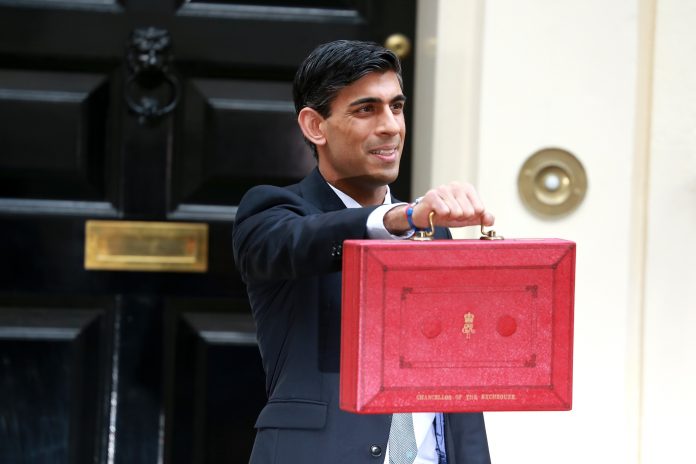According to analysis by The Resolution Foundation, the Autumn Budget means austerity will be partially reversed by “a third” in 2025
The Autumn Budget, announced yesterday (27 October) by Chancellor Rishi Sunak, has been analysed by various experts overnight.
According to the insight of The Resolution Foundation, the proposed funding would only be enough to reverse “a third” of the day-to-day cuts that happened during a decade-long austerity. Real day-to-day spending will also be down 40% in Work and Pensions and Transport.
What other changes are expected?
A new Universal Credit taper rate will bring a further 380,000 families onto the benefits system in 2022. However, further analysis finds 3.2 million households will be financially worse off as a result of the decision to cut £20 a week, with no equivalent return in the new funding proposal.
Dr Elisa Pineda, Imperial College Business School’s Centre for Health Economics & Policy Innovation and the School of Public Health, said: “With average inflation forecast at 4%, the proposed changes such as to the Universal Credit taper and the National Living Wage are unlikely to be enough to fully compensate for the increase in living costs. These increases could particularly affect healthy food affordability, especially for lower-income households and vulnerable populations. No measures to directly address this were announced.”
The Budget, which brings Health and Education back to 2010 levels of funding, is perceived as excessive by the fiscally Conservative.
The combined policy impact is expected to deliver a 2.8% income boost to the poorest fifth of households by 2025, while decreasing it by 2% for middle income households. The richest fifth of households will experience a 3.1% decrease in their income, by the same point in time.
“Family incomes” appear “anaemic”
Torsten Bell, Chief Executive of the Resolution Foundation, said: “Higher taxes aren’t a surprise given the UK is combining fiscal conservatism with an ageing society and a slow growing economy. But it is the end of low tax conservatism, with the tax take rising by £3,000 per household by the middle of this decade.
“While tax revenues and NHS spending will be growing rapidly in this economy, growth in pay packets and family incomes looks far more anaemic – a huge challenge that the welcome rise in the National Living Wage and boost to Universal Credit eased, but did not overcome.”














